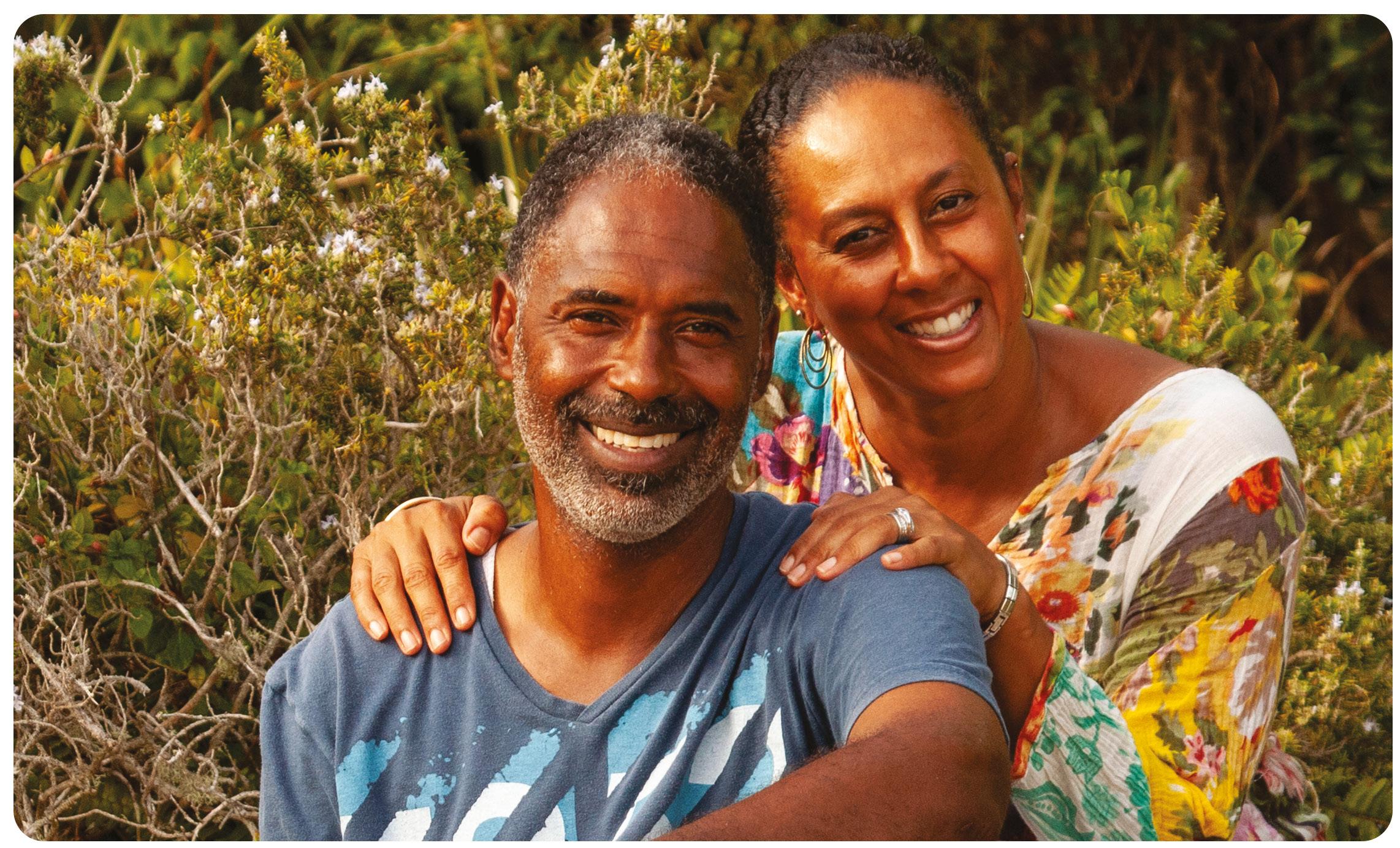
6 minute read
Sports Psychology .......................................................22
If athletes are not getting the right amount of sleep, certain hormone levels – like cortisol and adrenaline - can increase as the body perceives it is under duress and stress. Higher levels of cortisol and adrenaline can compromise muscle performance and recovery.
Taking a mental break relieves stress, allows for clarity of mind and increased focus and motivation. The quality of training increases with the right among of intermittent rest i.e., a weekly day off, longer breaks between seasons or a break following the end of a competition (also known as periodization).
Mental breaks are also key to avoiding burnout. Practically and psychologically, we need to think of our training routines and regimes in phases and segments, not long periods of years. This has been underscored over the past two years during the pandemic. Shorter lines of sight and delineation of training periods and competition in “smaller bites” is more manageable and can reduce anxiety and enable recovery.
Leading practices & tips on how to rest
Athletes and coaches must value rest and recovery and purposefully weave it into the training regime. Schedule rest days, preferably at least one day a week. Depending on the sport, a week or two break between seasons or blocks of training is imperative. For athletes who typically exhibit high levels of intensity and focus, resting can be one of the greatest challenges. Here are a few tips to consider:
PHYSICAL RECOVERY
Active recovery is one type of physical recovery. It involves getting the blood flowing through the body with gentle movement and flushing out toxins from an intense workout. This can include yoga, stretching or gentle walking. If you know that there is a risk that a gentle walk may turn into a sprint, walk with a friend, play gentle music, or set a time limit.
SLEEP
During training periods, finding the sweet spot for the optimal amount of sleep is critical. You should feel rested but not sluggish during normal training periods. The amount of sleep needed depends on age, training intensity and the quality of the sleep. At a minimum, try to ensure that the sleep you are getting is high quality – remove TVs and other devices that may continue to stimulate the body during the rest period. Lights from phones, computers and other electronic devices can compromise sleep quality.
Sleeping in on a rest day is often a good idea. However, avoiding extremes is also important. For most athletes, spending the rest day in bed can lead to lethargy and make resuming training more difficult.
MENTAL RECOVERY
On your rest day or during the rest periods, the right mix of fun and quiet is advised. If feeling productive is important, identify a low-stress project or try something new. Participating in another sport such as skiing, hiking or a nonsporting activity like learning to paint are just a few ideas.
You could also use this time to reflect, as long as it is not stressful or anxiety provoking. A favorite recovery exercise is journaling, capturing thoughts, feelings and ideas that may or may not be related to training. Try drawing or sketching even if you aren’t a budding artist!
The mantra for many athletes is “no pain, no gain.”For 2022, consider setting a goal to equally master the art of recovery as well as the art of training hard. Figuring out the when, what and how of recovery can be something to celebrate!
There are currently a lot of young Bermudians boys & girls abroad in school and developing their football. It’s only a few that have left to pursue football at such an early age. Eric and Latasha Peets have recognized their children’s interest and readiness at an early age, and have made the decision to educate their children where they can have the best of both, education, and a daily dose of their love for football. Ethan had shown potential and a keen interest in football from the age of four when his parents signed him up with North Village Community Club Youth Development Football Program under the direction of Shervin Dill two days per week. Emeer was only a year old literally in pampers at the time when Ethan started at North Village but Emeer could be seen kicking the football with Ethan and the other youth players on the field. At the age of three Emeer started at North Village Community Club Youth Football Program. After two years they moved the boys to BAA under direction of Kenny Thompson’s early develop-ment program where they trained three days per week, Mondays, Wednesdays, and Fridays with games on Saturdays. When the boys turned 9 and 6 years old, they attended Andrew Bascome’s morning program for one year, which was two days a week from 6:30 am to 7:30 am before Eric dropped the boys to school. Then, the following year they attended Kenny’s morning training session from 6:30am to 7:30am on Mondays, Tuesdays, and Thursdays for two years.



While in Bermuda the boys won various Football Tournaments with their Respective Teams and both boys were selected for Kappa All Star Player Award, David Bascome Camp Awards, Coach Best Player Awards, and during their summer holidays the boys attended Football Camps in Texas, Florida and Massachusetts where they improved in their football skills and met other young aspiring football players. Because the boys showed such a keen interest in the game of football, mom and dad started talking about schooling them in England, or Portugal where there is a more intense youth football development programs. The idea of a career in pro -football, and the added value of learning another language particular in Portugal seemed very attractive.
In 2017, while preparing to move to Portugal the following year, they had planned to take the boys to Barcelona Spain for an eight-week football summer camp during July and August, they asked Kenny’s advice about things to do while in Barcelona while the boys were in camp. Kenny suggested that they consider moving there as opposed to Portugal because Barcelona also has an excellent youth development program and they could learn Spanish and Catalan (the Language used throughout Catalonia area) Kenny stated the earlier you relocate the better for the child’s immersion into the culture of football. With Kenny’s advice and connections, the summer camp turned into an instant relocation to Barcelona, Spain. In which Eric traveled with the boys in May of 2017, and the boys fell in love with the professional football environment and hands on approach of the school system. The area was very safe and friendly and the transportation system was quite simple to understand. Latasha resigned from her job at Mid-Atlantic Wellness Institute as a psychiatric nurse in August 2017 and relocated to Barcelona, Spain in September with the two young aspiring Footballers Ethan (12) & Emeer (8). Eric remains in Bermuda to work continuously to financially support them.
After a four years in and Ethan and Emeer have settled into the school system and football development well, with a few surprises. Emeer speaks four languages, English, Spanish, Catalan and French, and Ethan speaks English and Spanish. Both boys have won Football Tournaments with their respectable teams while in Barcelona. As of September 2021, Ethan (now 16) has moved to the UK to a Football Academy that combines education and intense football development. Ethan is adjusting well to the educational system in the UK because he attended a British School while in Barcelona, so the transition was quite easy. Ethan trains three full days a week and games on Wednesdays and some Saturdays. He has family in the UK and it’s two other Bermudians that attends the same school, so he is maturing and becoming more independent. Emeer at 13, remains in Barcelona with his mother and he is currently playing in the División de Honor Infantil (Under 14), the highest level for youth developmental league in Barcelona, Spain in which he plays against the top La-Liga’s youth teams.








